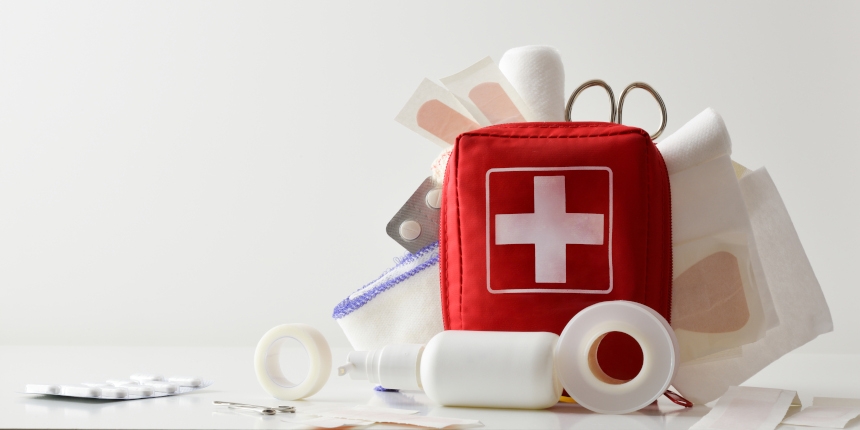Did you know that 10 of the most common ailments treated by primary care physicians can also be treated by you at home?
- Back pain
- Dermatitis
- Heartburn and indigestion
- Nasal congestion (stuffy nose)
- Constipation
- Migraine
- Cough
- Acne
- Sprains and strains
- Headache
Antibiotics
Each year, 25% of the population visits their primary care physician for a respiratory tract infection (e.g., sinusitis, strep throat, or chest infection). These are usually caused by viruses.
In patients who are otherwise healthy, antibiotics are not necessary for viral infections. These infections usually clear up if you rest at home, drink plenty of fluids, and take acetaminophen.
Ear infections usually last 4 days
89% of cases clear up on their own
Strep throat usually lasts 7 days
40% of cases clear up after 3 days and 90% after 7 days without antibiotics
Sinusitis usually lasts 17 days
80% clears up in 14 days without antibiotics
Cough/bronchitis usually lasts 21 days
Antibiotics reduce symptoms by only 1 day. Antibiotics are only effective for infections caused by bacteria. Unnecessary use of antibiotics for viral infections should be avoided, as they may not be effective for the next bacterial infection.
Patients with long-term conditions such as asthma, diabetes and COPD should get flu and pneumococcal vaccines. Ask at the GPO reception desk for more information.

Medicine cabinet
Many minor ailments such as colds, coughs and indigestion can be treated with a well-stocked medicine cabinet.
We recommend that you keep the following:
- Paracetamol and aspirin (children under 16 and people with asthma should not take aspirin).
- Mild laxatives
- Medication against diarrhea
- Rehydration mixture
- Agents against indigestion (e.g. antacids)
- Tablets against motion sickness
- Sunscreen - protection factor15 or higher
- Sunburn treatment
- Tweezers and sharp scissors
- A thermometer
- A selection of plasters, non-absorbent absorbent cotton, elastic bandages and dressings
Note:
- Keep the medicine cabinet in a safe, locked place out of the reach of small children.
- Always read the instructions and use the recommended dose
- Pay attention to the expiration date - do not store or use medications after the expiration date.
- Return all unwanted and outdated medications to the pharmacy or health center


